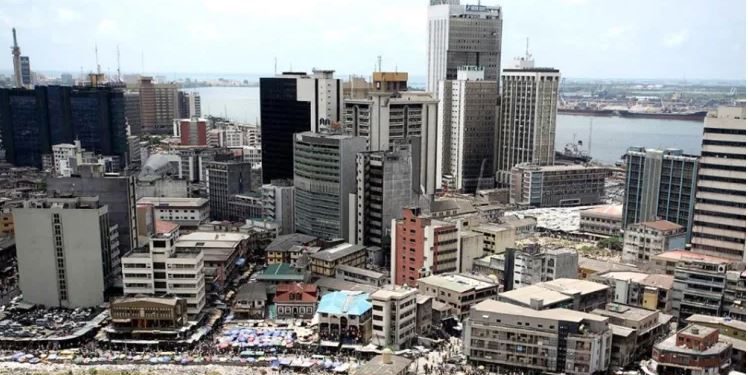The latest Purchasing Managers’ Index (PMI) report has revealed a moderation in inflationary pressures within the Nigerian private sector during April, following record spikes in purchase costs and selling prices experienced in March. While inflation rates persisted at elevated levels, the report highlighted a constrained growth in output and new orders, prompting some firms to resort to employment reduction.
Derived from the survey, the headline figure, the Purchasing Managers’ Index (PMI), showed a marginal uptick to 51.1 in April from 51.0 in March. This marks the fifth consecutive month of improving business conditions in the Nigerian private sector, albeit at a modest pace.
The PMI serves as an indicator where readings above 50.0 indicate an improvement in business conditions compared to the previous month, while readings below 50.0 signify a deterioration.
The report attributed the business environment’s dynamics to fluctuations in the naira and its consequent impact on prices. A strengthening of the currency over the past month led to notable decelerations in the rate of increase in purchase prices and output charges. However, despite these developments, inflationary pressures persisted significantly, albeit at a reduced pace. Notably, the latest rise in selling prices marked the softest increase observed in almost a year.
The findings of the PMI report underscore the delicate balance between economic stabilization and inflation management within Nigeria’s private sector. While there are signs of slight improvement in business conditions, the persistence of inflationary pressures continues to pose challenges for sustained growth and employment stability.
As businesses navigate these dynamics, stakeholders are closely monitoring policy responses and market trends to assess the trajectory of economic recovery and the effectiveness of inflation management strategies in the coming months.















